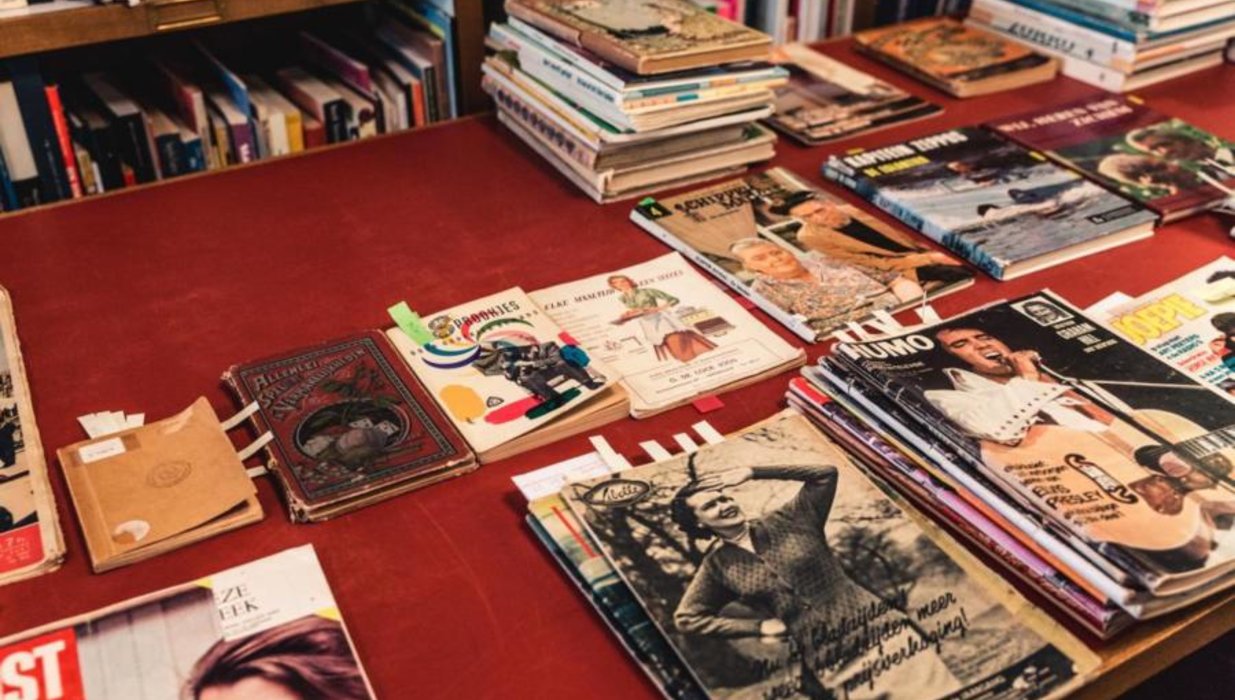Every year in Flanders, the first Sunday in April is observed as a kind of ‘mass’, a Flemish holiday. It is the day when the Tour of Flanders snakes through the landscape. We cheer the cyclists on. First from the side of the road, then flopped in front of the TV with a beer in hand.
The number of people attending actual mass is in decline. Pigeon racing and vinkenzetting (‘finch sitting’) contests are endangered heritage. The car stays in the driveway, and the ‘Sunday best’, with its hat and tie, remains in the closet.
Sunday is still our customary day of rest. We might go for a cycle or a walk, visit family or have a more elaborate meal than we would during the week. Whether it’s a home-made Sunday meal – of roast beef with croquettes followed by apple pie or baklava, for example – or a take-away meal. On this day time is on our side. So we can push the boat out a little.
Sunday’s special significance arises from the Christian tradition, but these days it’s not approached as such. Other religions still make time for a communal prayer on a specific day. The Jewish holy day, Shabbat, is Saturday. And Friday is the day Muslims pray at the mosque.
Sunday has been legally enshrined as a day of rest in Belgium since 1905. In many municipalities it is forbidden to mow your lawn on a Sunday. Schools are closed and shops are only open for a limited time, if at all. The prevalence of ‘Shopping Sundays’ is on the rise, however.
Sunday is a day prized by youth movements, football associations, local pubs and TV channels. On Sunday evenings, TV viewing figures are generally the highest, with viewers tuning into popular TV series, quizes and gameshows.
Search the rich collection of the House of Alijn about the rituals, traditions and customs of daily life from the 20th century onwards on the dutch website.
